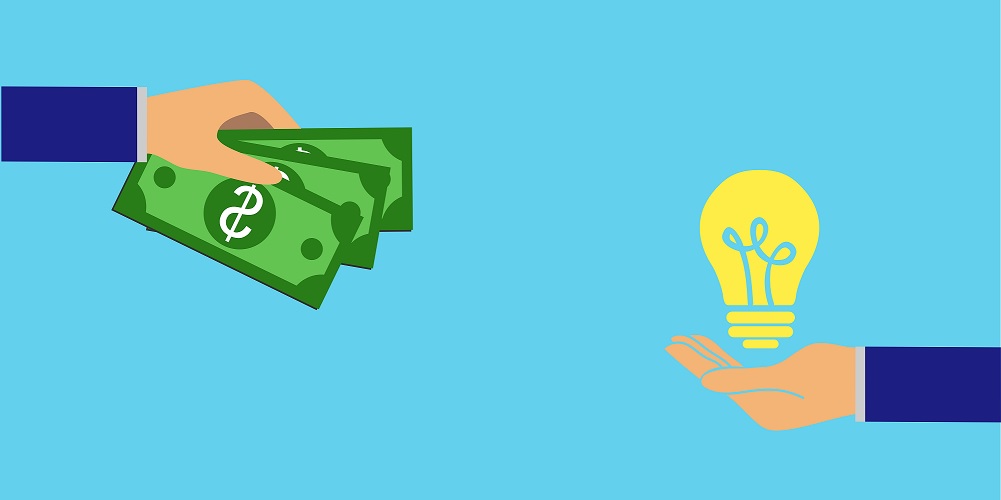Google’s experimental program to keep patents away from patent trolls had impressive results, but it’s too soon to determine whether or not intellectual property ended up in the wrong hands.
At the end of the Patent Purchase Promotion, which ran from May 8 to May 22, 2015, Google purchased 28 percent of the patents submitted. The company said it received thousands of submissions during the three-week promotion. Patent owners established the price for their intellectual property.
Kurt Brasch, Google’s senior product licensing manager, said the patents purchased by Google were relevant to the company’s business.
Google announced the promotion in April 2015, with the goal of improving the patent landscape by providing a true marketplace for patents. In explaining the program, Google said it hopes to remove “some of the friction that exists in the secondary market for patents.”
Such secondary markets consist of patent assertion entities or non-practicing entities, more commonly known as patent trolls. Patent owners who need to sell their patents to raise money, change the business direction of the company, etc., typically partner with non-practicing entities to quickly sell their intellectual property.
These non-practicing organizations do not end up making the products protected by the patents they purchase, but rather file lawsuits to claim license fees from companies that do.
In developing the Patent Purchase Promotion, Google wanted to give patent owners another alternative with better and more immediate results than selling their patents to patent assertion entities.
Twenty-five percent of the promotion’s submissions were from individual inventors and 75 percent from brokers and operating companies. Most of the patents sold to trolls come from operating companies.
A Google spokesperson confirmed that some submissions from brokers were from non-practicing entities. However, the company would not disclose whether it purchased submissions from these organizations.
According to figures released by Google, the median price of all patents submitted during the promotion was $150,000. Forty-seven percent of the submissions were under $100,000, while the highest submission price was $3.5 billion.
The highest price Google paid was $250,000 and the lowest price paid was $3,000.
Many of the patents submitted were related to software inventions whose values have dropped since the U.S. Supreme Court’s 2014 decision on software patentability in the Alice Corporation vs. CLS Bank International case.
Google has yet to decide whether it would run the promotion again.
Coincidentally, the day after Google mailed out final purchase contracts under the Patent Purchase Promotion, the company unveiled another experimental program called the Patent Starter Program, aimed at start-up businesses and developers.
Under this program, Google is giving away patents, although it is not clear whether the program includes some of the patents Google purchased under the Patent Purchase Promotion.
The starter program is also aimed at keeping intellectual property away from patent trolls. It allows participants to choose two patents from designated groups or search Google’s patent portfolio.
Although the patents are free, the recipient must agree to join the License on Transfer (LOT) Network, an arrangement Google and other companies launched in July 2014 to fight trolls.
The two programs are indicative of Google’s commitment to rid the intellectual property landscape from organizations involved in trolling.


